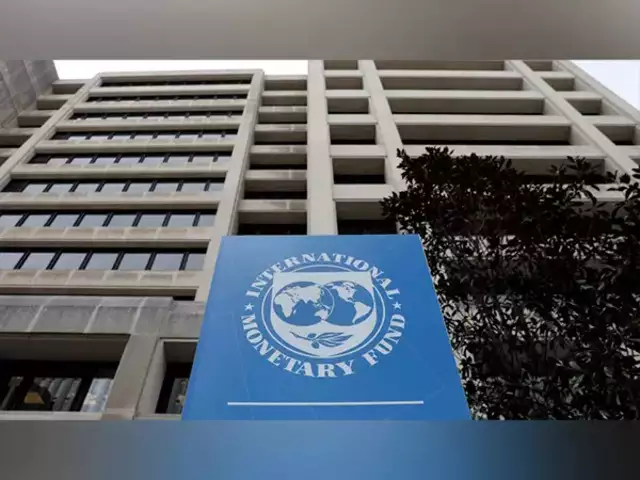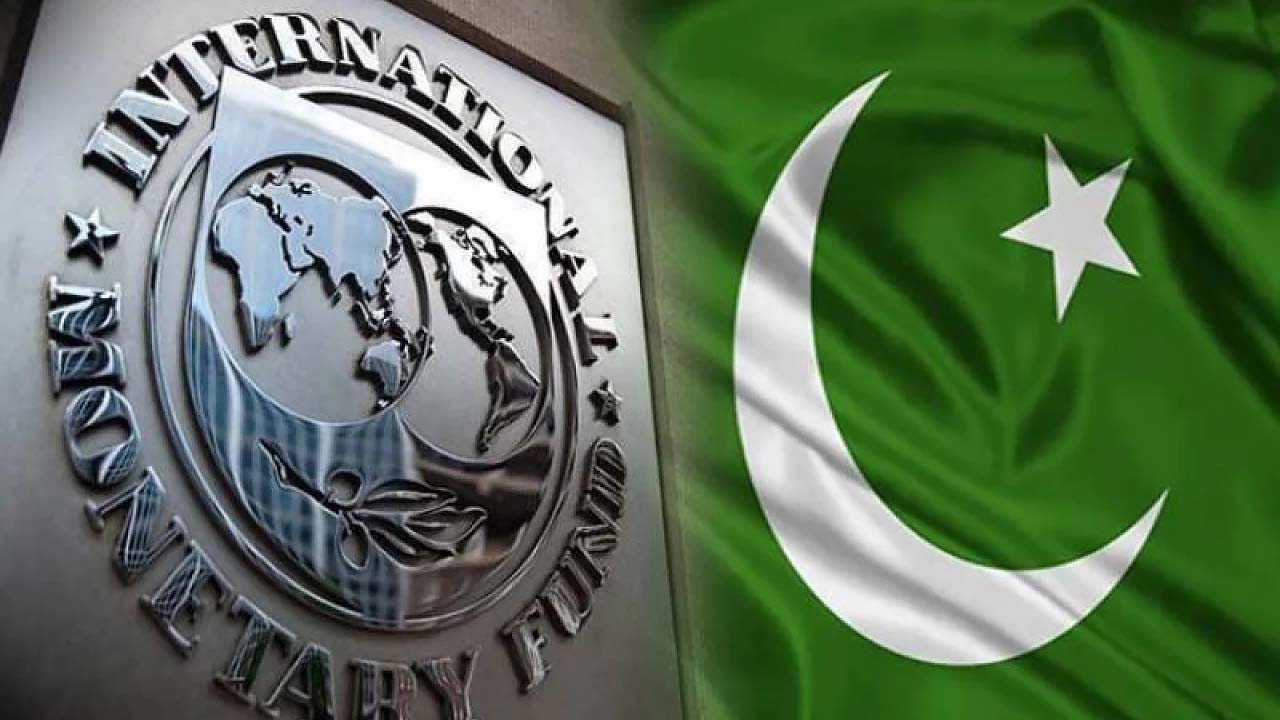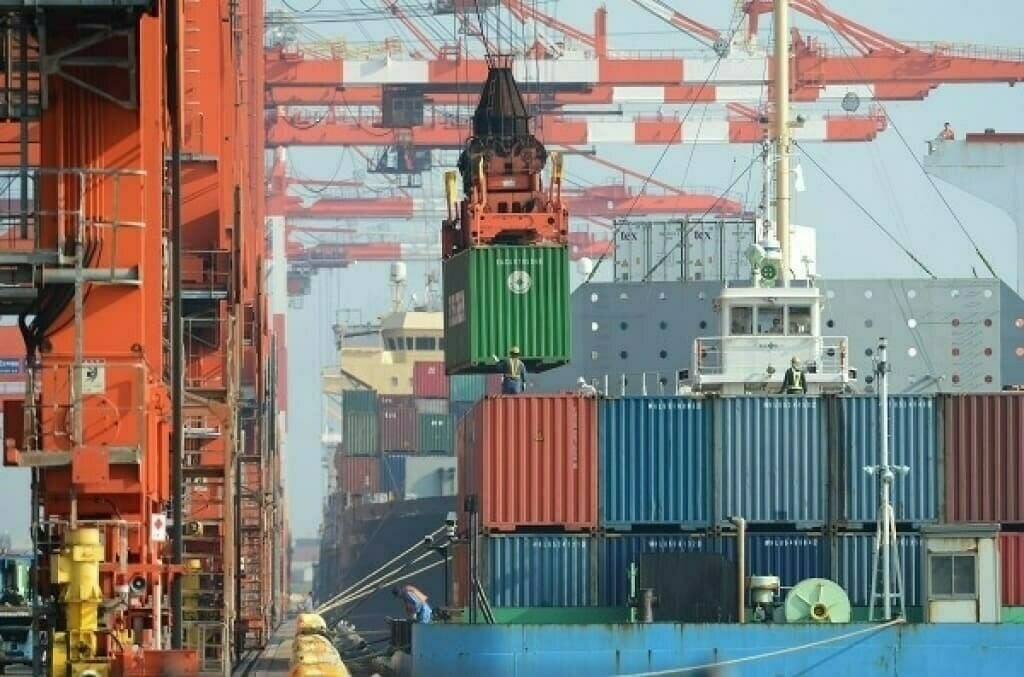The International Monetary Fund (IMF) has declared that the approval of Pakistan’s 2024-25 budget is insufficient, urging the country to implement more stringent economic measures. Despite the National Assembly’s recent endorsement of a budget with a total outlay of Rs18,870 billion, the IMF insists that further actions are necessary to address the nation’s economic challenges.
Sources indicate that the IMF’s primary demands include raising electricity and gas rates starting July 1 and the immediate implementation of the National Electric Power Regulatory Authority’s (NEPRA) decisions regarding increased gas and power tariffs. These steps are deemed crucial for stabilizing Pakistan’s struggling economy.
Additionally, the IMF has called for the removal of various tax exemptions and subsidies, describing these reforms as essential for the nation’s economic recovery. While these demands may pose short-term challenges for the population, they are aimed at creating a more sustainable fiscal environment.
Despite these stringent requirements, the IMF has commended the Pakistani government for some of the tough economic decisions reflected in the budget. The reduction of tax exemptions and subsidies has been particularly praised as a step in the right direction.
Prime Minister Shahbaz Sharif acknowledged the IMF’s influence on the fiscal year 2024-25 budget, expressing hope for a positive response from the international body. He stated, “If the response comes from the IMF, we will present it (before the house) on Wednesday.”
The planned visit of the IMF delegation to Pakistan, initially scheduled for the last week of June, has been postponed. The team, led by Mission Chief Nathan Porter, is now expected to visit in the second week of July. This visit is anticipated to further the discussions on Pakistan’s economic reforms and the implementation of IMF recommendations.
The federal budget for the fiscal year 2024-25, amounting to Rs. 18.877 trillion, outlines the government’s fiscal policies and budgetary allocations. It reflects a comprehensive plan to address various economic and social challenges. This includes efforts to boost revenue through fair tax collection, particularly from privileged sectors.
During their previous visit from May 13 to May 23, the IMF delegation held extensive negotiations with Pakistani officials to discuss the country’s economic improvements. The IMF’s statement highlighted the government’s serious efforts to increase revenue and emphasized the importance of equitable tax collection.
The future of Pakistan’s economy largely hinges on the implementation of the IMF’s recommended measures. By increasing energy tariffs and removing tax exemptions and subsidies, the government aims to create a more stable economic environment. However, these measures are likely to face resistance from various sectors affected by the changes.




